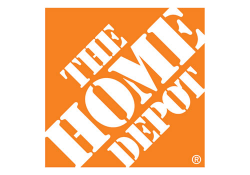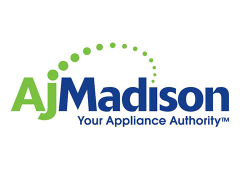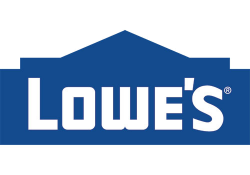
Have you ever wondered what would happen if you just cancelled your homeowner’s insurance policy? Will the mortgage company let you cancel it? Will they buy coverage for you? Could you get a better deal that way?
We recently switched our homeowner’s insurance from Allstate to Geico. During the switch there was some mix up with the paperwork going from Geico to Wells Fargo, the company that holds our first mortgage.
Wells Fargo sent us a letter telling us that they didn’t have insurance information and they were going to purchase it on our behalf. They even included details of the new plan they were purchasing from American Security Insurance Company:
- $3,245.00 annual premium for $338,000 of dwelling coverage only.
- optional $210.00 annual premium for $40,000 of personal property coverage and $25,000 of personal liability coverage.
Contrast this to the plan we actually signed with Geico, which provides $325,000 in dwelling, $500,000 in personal liability, and over $100,000 in personal property insurance for just over $1000 annually.
Will a Mortgage Company Let You Cancel the Policy?

Obviously, the answer is yes. But, just like Wells Fargo, most mortgage companies will purchase insurance on your behalf at a cost 2-3 times more than what you can purchase on the market. Also, the mortgage company will buy coverage only for their secured asset (the dwelling) — none of your goods inside will be covered. Further, they may only purchase enough insurance to cover the outstanding loan amount, not the entire dwelling. So if the house burns down, the mortgage company gets paid, but you don’t.
And, you’ll still be paying for the coverage, by way of increased monthly payments due to an increased draw on your escrow account. If you fail to make the payments, the mortgage company will foreclose your loan.
Are you Required to Carry Homeowner’s Insurance?
If you have a mortgage, then yes, you are. When you signed the loan documents at closing, they included a requirement for you to maintain adequate coverage on the dwelling — the minimum being the loan balance due to the lender. If you fail to maintain coverage, the lender can foreclose on your property even without buying the coverage for you. But, they usually won’t – because they’d rather you make the payments, and they’ll just buy the insurance to cover themselves.
You do have a right, however, to pick whatever reputable insurance company you want to provide coverage on your property. The mortgage company can require the insurance provider to be a certified provider in your state, but otherwise, they are prohibited from dictating the actual insurance company you use (this rule is in place to prevent the mortgage company from requiring you to work with a company with whom they are affiliated.)
If you don’t have a loan, there’s no requirement for you to have homeowner’s insurance — but it would be foolish not to given the relatively low cost and the potential risk.
Let Your Lender Know of the Switch
The easiest way to avoid the headache of a mix-up is to call your lender as soon as you make the switch and give them the new policy # and details. Wells Fargo was great in that when we provided insurance information to them and showed them that no gap existed between the two policies, they didn’t charge us any fee for the ‘temporary’ policy they had purchased on our behalf.
(photo: David Hillowitz)







if someone crashed a car drunk the insurance calceled you they still fix you car or no ? or just cancel it with out fix it??…..or they will pay the money?? : sorry for the bad english.
Tomas, no problem on the broken english. If the person is insured when they crash the car, most likely the insurance will be required to pay for it, even if they cancel the person after the accident. However, there are situations where this might not be the case – depends on the language in the contract.